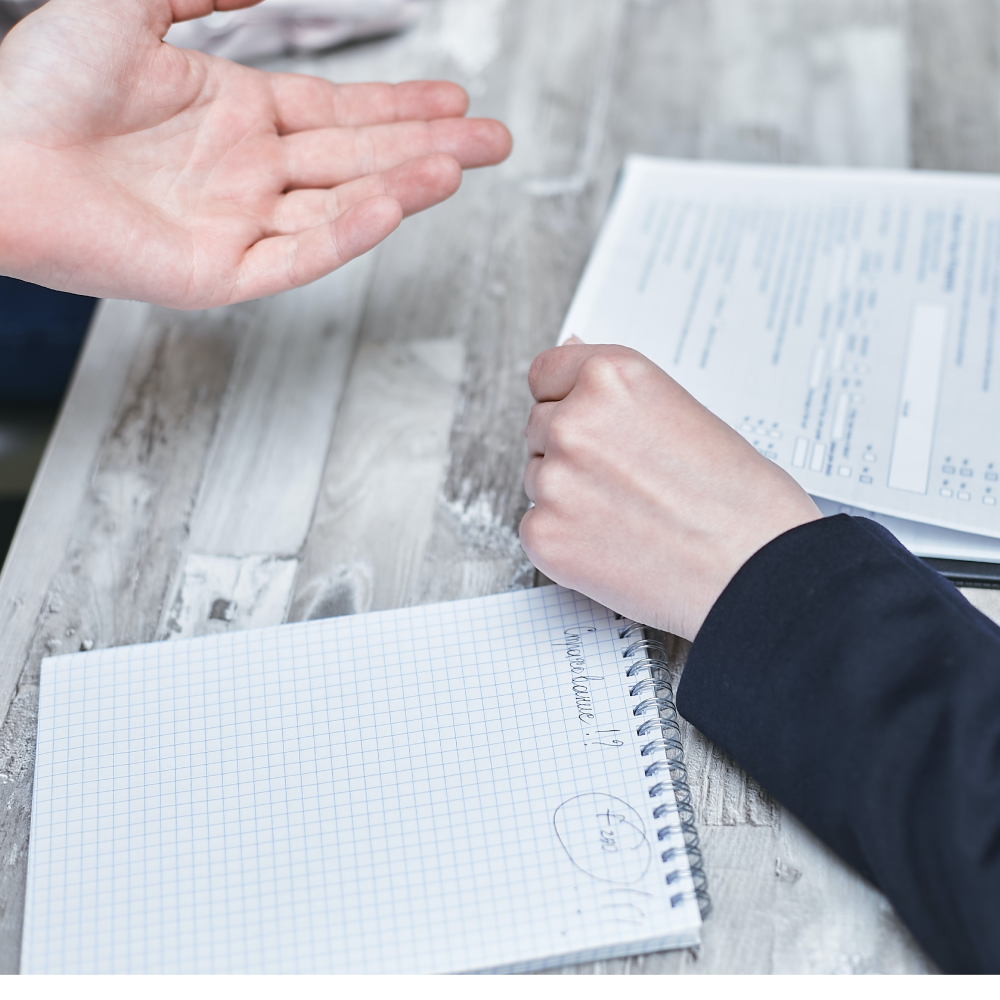
People with poor credit often have a more difficult time getting approved for loans, and even if they do get approved, they may end up paying a higher interest rate than someone with good credit. This is because lenders view people with poor credit as a higher risk, and they want to compensate for that risk by charging a higher interest rate.
One reason why people with poor credit may pay more for loans is that they are more likely to default on their loans. Defaulting on a loan means that the borrower is unable to make the required payments, and the lender may have to take legal action to recover the money that is owed. This can be a costly and time-consuming process for the lender, and they may want to compensate for that risk by charging a higher interest rate.
Another reason why people with poor credit may pay more for loans is that they often have fewer options when it comes to borrowing money. Someone with good credit may have a variety of lenders to choose from, but someone with poor credit may only have a handful of lenders who are willing to work with them. These lenders may charge a higher interest rate because they know that the borrower has limited options.
In addition, people with poor credit may also be more likely to take out high-risk loans, such as payday loans or title loans. These types of loans often have very high interest rates, and they can be difficult to repay. As a result, people with poor credit who take out these loans may end up paying much more than they would with a traditional loan.
There are a few factors that can contribute to poor credit, and understanding these factors can help people take steps to improve their credit and get better loan rates in the future. One common reason for poor credit is a history of late or missed payments. When you miss a payment on a credit card or loan, the lender may report that missed payment to the credit bureaus. This can have a negative impact on your credit score, and it can make it more difficult to get approved for loans in the future.
Another factor that can contribute to poor credit is having a high level of debt. When you have a lot of debt, it can be difficult to make your monthly payments on time. This can lead to late or missed payments, which can hurt your credit score. In addition, having a high level of debt can also make it difficult to get approved for new loans, because lenders may be concerned about your ability to repay the loan.
Finally, people with poor credit may also have a history of bankruptcy or foreclosure. These events can have a significant impact on your credit score, and they can make it difficult to get approved for loans in the future. If you have filed for bankruptcy or have gone through a foreclosure, you may have to wait several years before you are able to qualify for a traditional loan.
Overall, people with poor credit pay more for loans because they are viewed as a higher risk by lenders. This means that they may have a harder time getting approved for a loan, and if they do get approved, they will likely have to pay a higher interest rate. It's important to work on improving your credit so that you can get better loan rates in the future. This can involve making on-time payments, reducing your level of debt, and working to rebuild your credit after bankruptcy or foreclosure. By taking these steps, you can improve your credit and get better loan rates in the future.